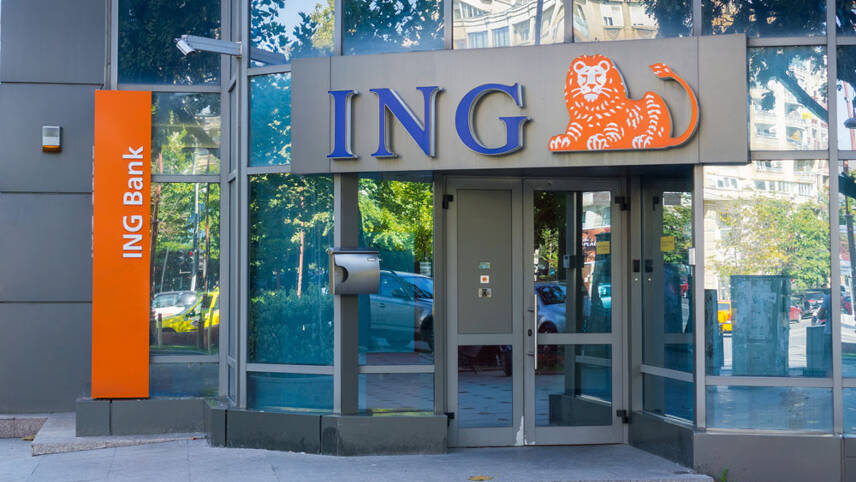Register for free and continue reading
Join our growing army of changemakers and get unlimited access to our premium content

The Dutch multinational bank confirmed changes to its energy financing strategy on Wednesday (20 December), stating that the updates were necessary to deliver its own financed emissions targets and noting alignment with the agreement reached at COP28 in Dubai last week.
Nations agreed to “transition away from” fossil fuels in the final COP28 agreement. One of the summit’s largest additional initiatives beyond the official texts, the Global Decarbonisation Accelerator, convened 130+ nations in a commitment to treble the world’s renewable energy generation capacity by 2030.
This renewables pledge is a key part of the International Energy Agency’s (IEA) pathway to a global net-zero energy sector by 2050.
ING will reduce its loans to upstream oil and gas activities by 35% by 2030. It will then phase out all upstream oil and gas financing by 2040.
The bank said this decision should halve financed emissions associated with its upstream energy portfolio by 2030.
ING has also committed to accelerating finance for renewable generation. It is aiming to provide €7.5bn annually by 2025, up from €2.5bn in 2022
This target replaces a previous ambition to grow renewables financing to €2.25bn from €1.5bn between 2021 and 2025 – a target which was exceeded ahead of time.
ING chief executive Steven van Rijswijk said: “Climate change is one of the world’s biggest challenges. The world needs energy, but still too much of that is coming from fossil fuels. Building on the progress made by world leaders at the COP28 conference and the most recent scientific insights and scenarios, we’re today announcing our next impactful actions to contribute to the acceleration of the energy transition.”
van Rijswijk emphasised that changing the energy generation mix is a crucial part of the global net-zero transition, but not the only facet.


Please login or Register to leave a comment.